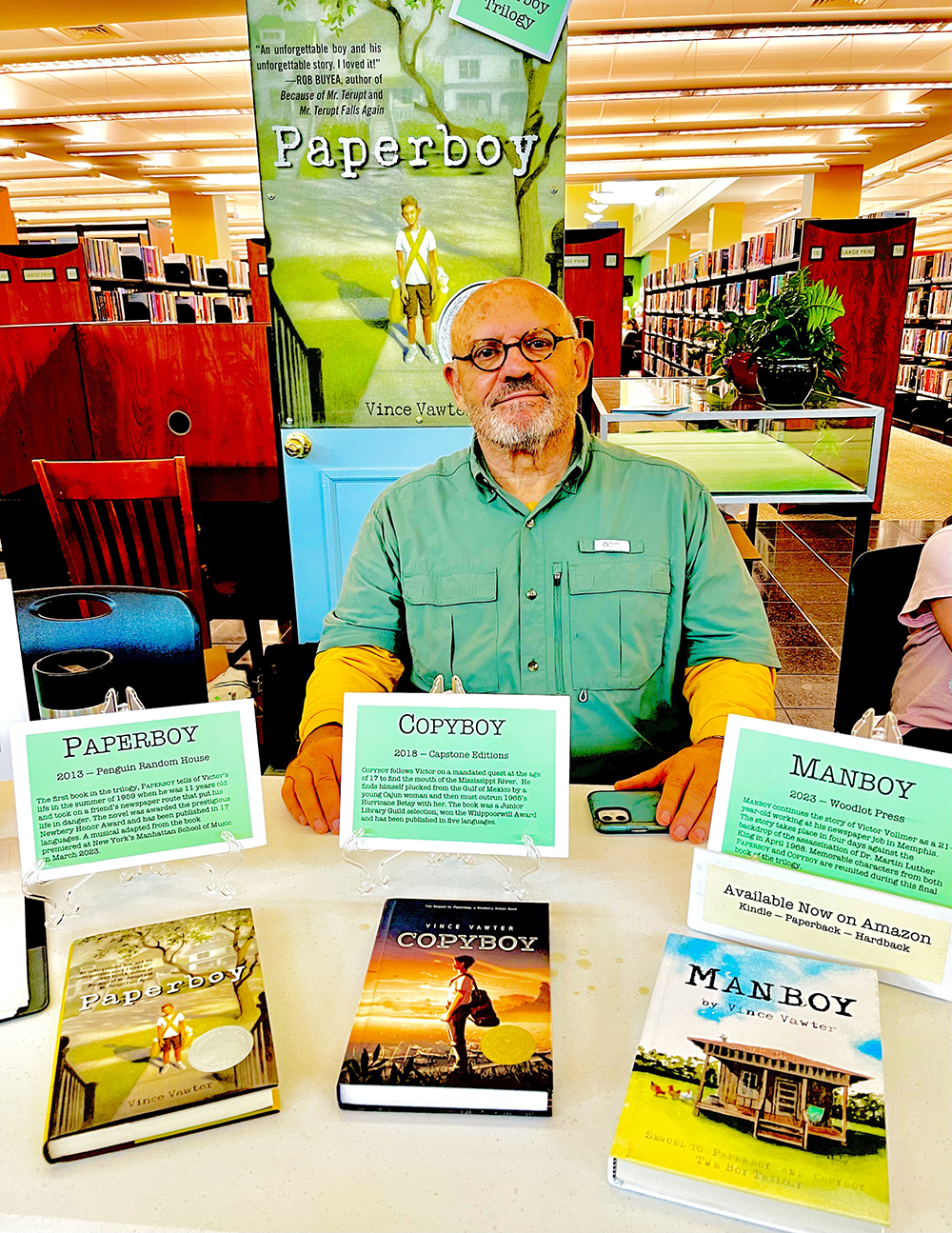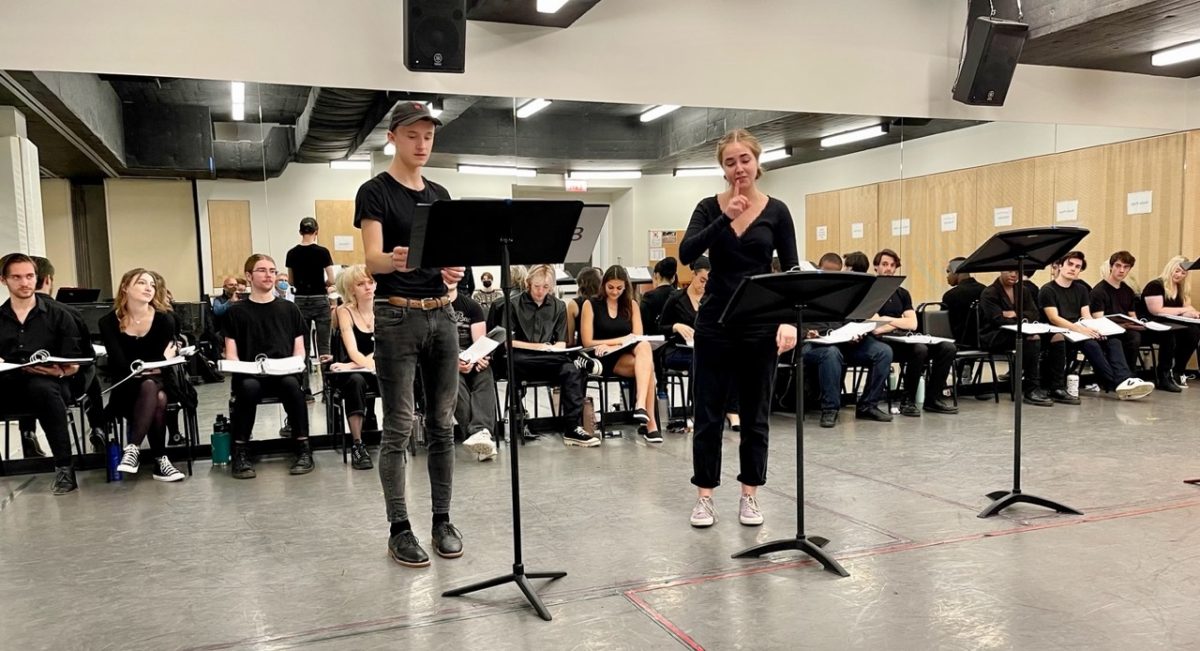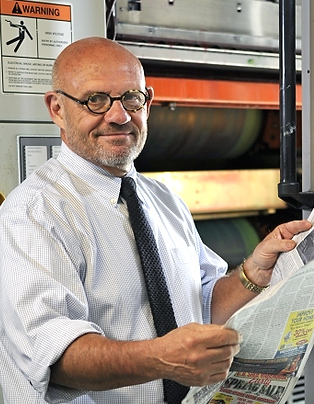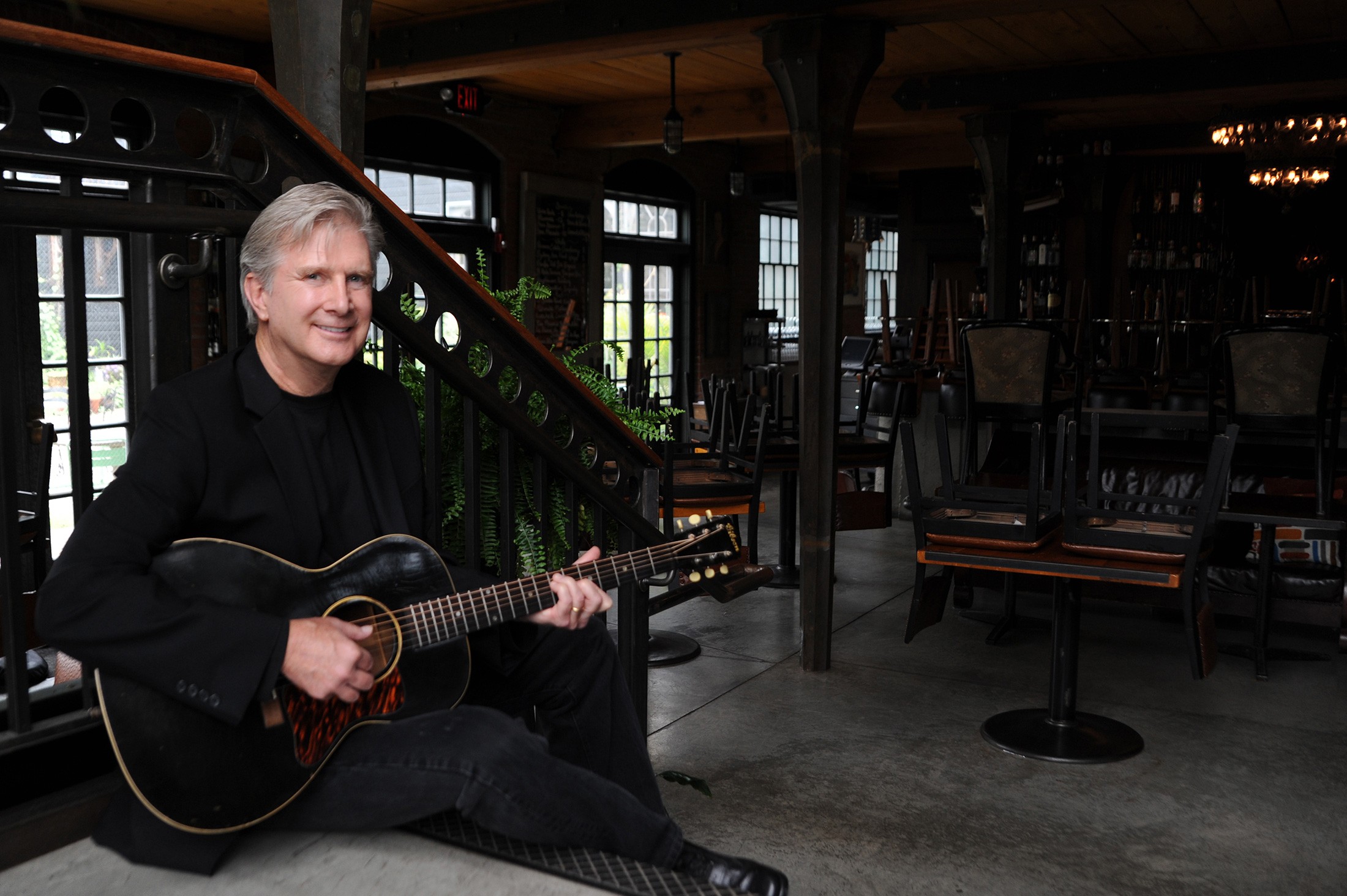I worked with Vince Vawter at the old Memphis Press-Scimitar when it was in the now-demolished Memphis Publishing Co. building (what we veterans still call “the old building”) at 495 Union Avenue.
It looked like those old newsrooms in the movies of the 1930s and ’40s. And it was full of characters that rivaled any character actors in those old newspaper movies.
Vawter brings that old newsroom — and the Memphis of another era — to life as part of the background of his latest book, Manboy, which is part three of his Paperboy Trilogy.
Vawter’s 40-year career in newspapers includes publisher and president of the Evansville Courier & Press, managing editor of The Knoxville News Sentinel, and news editor of the Memphis Press-Scimitar.
Vawter, who lives in Louisville, Tennessee, will be at a book signing at 2 p.m. on February 10th at Novel.
I recently asked Vawter some questions about the book.

Memphis Flyer: Were you ever a copy boy? I seem to remember you telling me you weren’t.
Vince Vawter: I was never a copy clerk. I started my newspaper career as a sportswriter at the Pine Bluff Commercial in Arkansas. My first job at The Press-Scimitar was on the copy desk. I thought that placing the protagonist, Victor Vollmer, as a copy clerk was a good way for him to enter the newspaper business, just like somebody else I know.
What was it about the old Memphis Publishing building that made it so special?
The Memphis Publishing Company building was once owned by the Ford Motor Company and was re-adapted for newspaper publishing. It had the openness and feel of a newsroom with its 20-foot ceilings and desks jammed together with pneumatic tubes running hither and yon. I liked to feel the concrete floors rumble when the giant presses would crank up to full speed. I wanted readers to experience the feel of a genuine newsroom in the heyday of newspapers and explain how a newspaper was actually produced on deadline. All the newspaper headlines in Manboy are verbatim from The Press-Scimitar and The Commercial Appeal.
How much of your lead character is like you?
Victor Vollmer is certainly based on my early life in all three books of the trilogy, especially the portions dealing with my stutter. … Some readers question the naivete of the protagonist, but you have to remember this was the ’60s and another world from what we have now.
I love all the history of Memphis that I can relate to because I grew up in the ’50s and ’60s.
Of the three books in the trilogy, this is the one that treats the city of Memphis as almost a character in itself. When Dr. Martin Luther King was assassinated, I rushed back to Memphis from Pine Bluff, Arkansas.
I spent that weekend in April 1968 just watching the city and listening. I remember those four days like it was yesterday. My most vivid memory is watching the Downtown march on that Monday after the assassination and then being swept up in it. I can still hear one of the parade marshals telling everyone “not to chew gum” while they were marching. The march was orderly and personally inspiring.
Will there be another one of these? Maybe the lead character becomes a newspaper reporter or an editor.
Paperboy introduces Vic when he is 11. In Copyboy, Vic is 17. He is 21 in Manboy. I envisioned the trilogy after the publication of Paperboy when literally hundreds of readers emailed me questions wanting to know what happened to the characters in the book. I decided to bring readers along on the complete journey. I doubt there will be another Paperboy book because a four-book set is known as a “tetralogy,” which seems a little off-putting and Jurassic.
What kind of feedback do you get from readers of these three books?
Readers say they appreciate that I shared the entire journey from adolescence to adulthood with them. This is rarely done in literature these days. Although most of my readers seem to be older than the “young adult” label, I did want the narrative to grow along with my readers.
The books were published over a 10-year period, just as the narrative encompasses 10 years of Vic’s life. Close readers, especially speech-language pathologists, say they admire how Vic’s attitudes about his stutter change over the 10-year period. After the success of Paperboy [Newbery Honor, quarter-million in sales, translated into 18 languages], I was a little taken aback that Penguin Random House chose not to continue with the story. The reason given was that the publisher did not like popular protagonists to grow older. That’s not life, I said, and my books are my life. My publisher said that it may not be life, but it’s publishing.
Any news on the musical made from Paperboy? Anything else happening? A movie maybe?
The musical’s creative team entered Paperboy and its 22 original songs in two musical theater competitions this spring in New York City. We hope that this will result in another production besides the one we had at the Manhattan School of Music last year. We continue to hear rumblings from movie types, but nothing to report so far. I think the trilogy itself and the boy’s 10-year journey would make a more complete movie narrative and satisfy more viewers, but we’ll just bide our time.



 Michael Donahue
Michael Donahue 